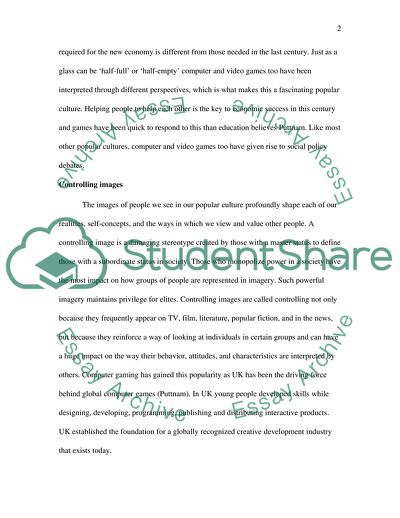Cite this document
(The Impact of Video Gaming on Decision-Making Assignment, n.d.)
The Impact of Video Gaming on Decision-Making Assignment. https://studentshare.org/sociology/1705721-contemporary-popular-culture
The Impact of Video Gaming on Decision-Making Assignment. https://studentshare.org/sociology/1705721-contemporary-popular-culture
(The Impact of Video Gaming on Decision-Making Assignment)
The Impact of Video Gaming on Decision-Making Assignment. https://studentshare.org/sociology/1705721-contemporary-popular-culture.
The Impact of Video Gaming on Decision-Making Assignment. https://studentshare.org/sociology/1705721-contemporary-popular-culture.
“The Impact of Video Gaming on Decision-Making Assignment”. https://studentshare.org/sociology/1705721-contemporary-popular-culture.


